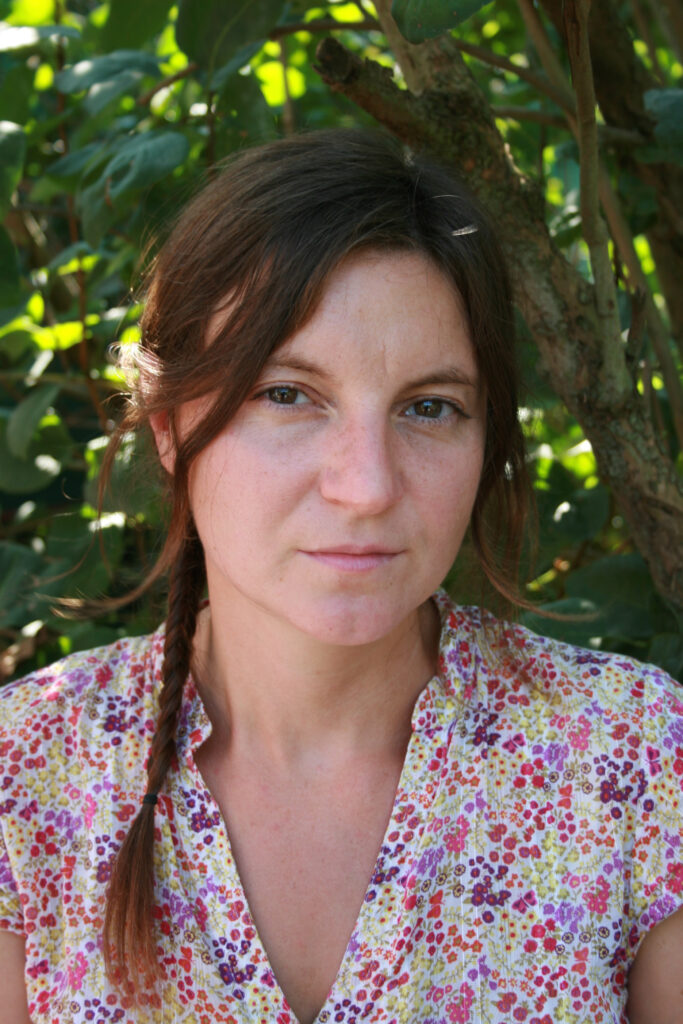Marina Rosselle
Marina Rosselle was born in 1980 and currently lives and works in Lille, France. In 2003, she obtained a Master degree in Fine Art from Valenciennes School of Fine Art and Design, after initially studying art history. She was awarded the Prix de la Fondation de France (2007) and the Prix Galerie for her exhibition Mulhouse 005 given by the Galerie RX in Paris in (2005). Between April and May 2006, she was granted a Mobility Art Process Residency during the festival Okuparte in Huesca (Spain) by Pepinieres europennes pour jeunes artistes. Her solo exhibitions include the Festival Dedans – Dehors (Inside – Outside) at Collectif 12 (Mantes La Jolie, France) in 2011, Vade Mecum at Villa Myosotis (Dunkerque, Frace) in 2008, L’appat du grain (The lure of grain), La Malterie (Lille, Frace) in 2008, or Urbanité par défaut (Urbanity by default) at Galerie RX (Paris) in 2006. Her recent group exhibitions was Grow at the Galerie Kai Dikhas (Berlin) in 2020, Spratii de Supraviefuire at the Faculty of Architecture in Bucharest (Romania) in 2016, and Akathe Te Beshen. J’y suis, j’y reste at 59 Rivoli (Paris) in 2016, to name just few.

Her artistic method is linked to her family history. Rosselle is part of the so-called ‘People of Travel’, from the French ‘gens de voyage’. This lifestyle is characterised by the multiple spaces they cross and by successive appropriations. Such places are often discredited or disregarded and are generally ones that will ultimately be transformed by urban development. Having herself lived in places that some might not even consider ‘places’, she felt it was important to describe those spaces which she has inhabited and which continue to play an important role in shaping her identity.
Her work refers to direct perception and personal experience; it is a work designed to oppose condescending or indifferent views of this way of life and does so by presenting a landscape that contains its own poetry. Recuperation and appropriation are pivotal activities of the scrap metal merchants she frequents. She operates in a similar fashion, recuperating and bringing together. What seems important to her is that, in collecting objects this way, she herself is required to move about – even perhaps above all – within places that are not picturesque. This involves paying close attention to objects and materials of the most humble, most unusual kind.
The idea of vulnerability and perpetually changing matter is important; both to help anchor the work in the ephemeral, and the insecure activity of pottering and tinkering.
